This training course consists of four-days face-to-face workshops, followed by a series of take-home activities and assignments. During this course, you will have the opportunity to explore a range of learning themese, including:
1) Rethinking infant massage
There is no question that infant massage is regarded as an enjoyable “soft” activity for parents and babies. Some researchers have also found that infant massage can have an impact on a range of isolated clinical outcomes: such as weight gain and brain activity. However, in general, the potential impact of infant massage education in promoting infant mental health and contributing to “hard” child development outcomes is generally under-estimated and often poorly articulated. Infant massage education is often frequently misunderstood and there are many examples of infant massage interventions being applied without critical reference to the research. Together we explore this history of infant massage in Australia. We then introduce the available research specifically concerned with how infant massage education works, for whom, and under what circumstances. This theme sets the scene for the remainder of the course, by inviting students to think critically about the context and framework of infant massage research and delivery of parent education.
2) Parent-infant interaction: The heart of attachment
A child’s attachment pattern, by definition is not consolidated until the age of around 2 or 3 years – yet the foundations for these patterns are established during the first year of life. How do we support or respond to something that we (and parents) cannot yet see or measure or fully experience? To do this, we must shift our attention from attachment as a goal, and more deeply understand the basic mechanisms of attachment during infancy: touch, eye-contact, facial expression, movement and voice. We begin this session by introducing the key framework of the First Touch Program, based on the work of Vimala McClure. This simple 5-step framework is underpinned by a more complex assumption that attachment arises from the ways in which parents and babies use touch and other interactions to have a “conversation” with each other and, in turn, the shared meanings that parents and babies co-create through this conversation.
This realisation allows us to become un-stuck from our role as an “expert” whose job is to transfer “knowledge” to parents (via books, information, instruction, charts, diagrams, lists) about attachment. It opens up the space between the parent and baby, where we can more easily see and support the relationship as it gives shape to future attachment patterns. We then explore some ways in which this conversation might take place between parents and babies as they come to know each other and give meaning to their relationship. We also begin to consider where we might place ourselves in this space, and how this can influence the interaction between parents and babies and the meanings they create.
3) The authentic conversation
When a worker views secure attachment as their goal, they will naturally tend to focus on what a parent needs to do (or know) in order to “get attachment right”. In contrast, when we think about attachment simply as a future reflection of the parent-infant conversation, our role as facilitator shifts. We become more attuned to the ways that parents and babies “hear” each other…rather than being fixated on our opinion about what they “should be saying” to each other.
In this theme we work through some of the protocols and considerations that the facilitator uses to deliver the First Touch Program. These approaches enable us to support parent and baby in communicating more authentically and, in turn, to nurture the relationship between them.
The sessions within this theme are practical in nature, and provide students with the framework and activities for delivering the First Touch Program. These activities are underpinned by this premise that the role of the facilitator is not to direct the interaction. Rather we look at the activities through the lens of a facilitator who uses themselves and the environment to enable parent and baby to use touch, massage, voice and other interactions in an authentic and personal way to communicate with and “hear” the other.
4) The Baby-As-Teacher
The expression that the “parent is the expert” is frequently used, but we don’t often take the time to articulate what this means, nor to consider the actual pathway to engaging the parent’s expertise. What does parent expertise look like? Is it related to their knowledge? Skill? Intuition? Can the parent still be an expert without relevant knowledge, skill or awareness of their own intuition? How is their “expertise” gained? What do we do when a parent’s expertise conflicts with our professional knowledge about infant development and needs?
To overcome these (and other) difficulties with the parent-as-expert concept we need to consider the parent’s expertise in the broader context of their relationship with their baby. The topics in this theme introduce the idea that the baby plays an active role in the development of their own parent’s expertise.
In the infant massage setting, the idea of parent-as-expert becomes far less problematic the more we can acknowledge and foster the baby’s role as the Teacher. We explore this by examining the ways that babies communicate: through their use of body language, body positions, body movements, eye contact, facial expressions, voice and skin. We explore the link between these expressions and their underlying neurological and emotional states. This session asks students to build their ability to notice these behaviours, and to extend their curiosity about what the baby might be teaching us. This allows us to more directly draw out the infant’s role as the teacher…and the parent as expert…within the infant massage setting.
5) Parent-Baby Classes
These practical sessions provide students with the opportunity to observe and reflect on the delivery of the First Touch Program in relation to key themes explored so far.
Parents and babies join the class-room and participate in a modified/ abbreviated version of the First Touch Program over three days. The parent-baby groups are co-facilitated by the Trainer and the students, so students have the opportunity to practice and observe the program delivery and dynamics in a supported environment.
In these sessions, students are immersed in the real-life, spontaneous dynamics, interactions and communication occurring between the trainer, parents and babies during a First Touch Program. Following each of the parent-baby sessions, students participate in an in-depth review of theirs and their peers’ observations. Student observations and experiences are considered in the context of the function of parent-infant interaction, infant cues, the role of the Baby as Teacher and other key ideas explored so far.
6) Beginning as an Educator
Moving into independent practice can open many challenges and questions. Topics in this theme are designed to introduce students to some of frameworks and resources that can assist to navigate through these challenges as they arise. As well as exploring some of the legal and professional regulations that impact on parent educators, we also explore some of the methods and approaches that can be used by educators to engage parents and colleagues in the First Touch Program.

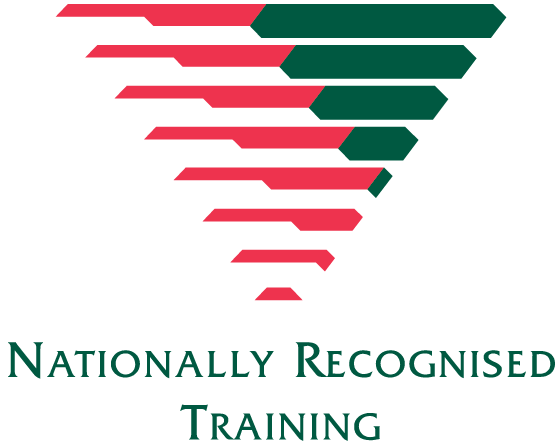

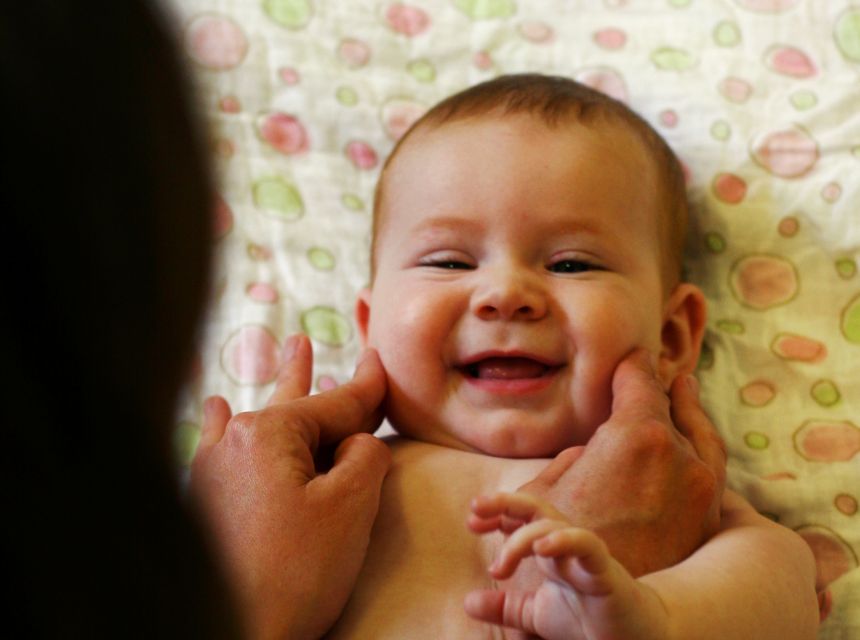
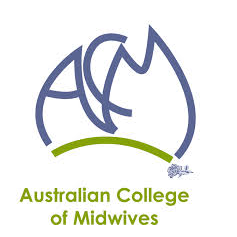
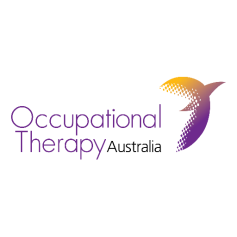
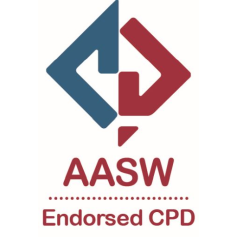

Recent Comments